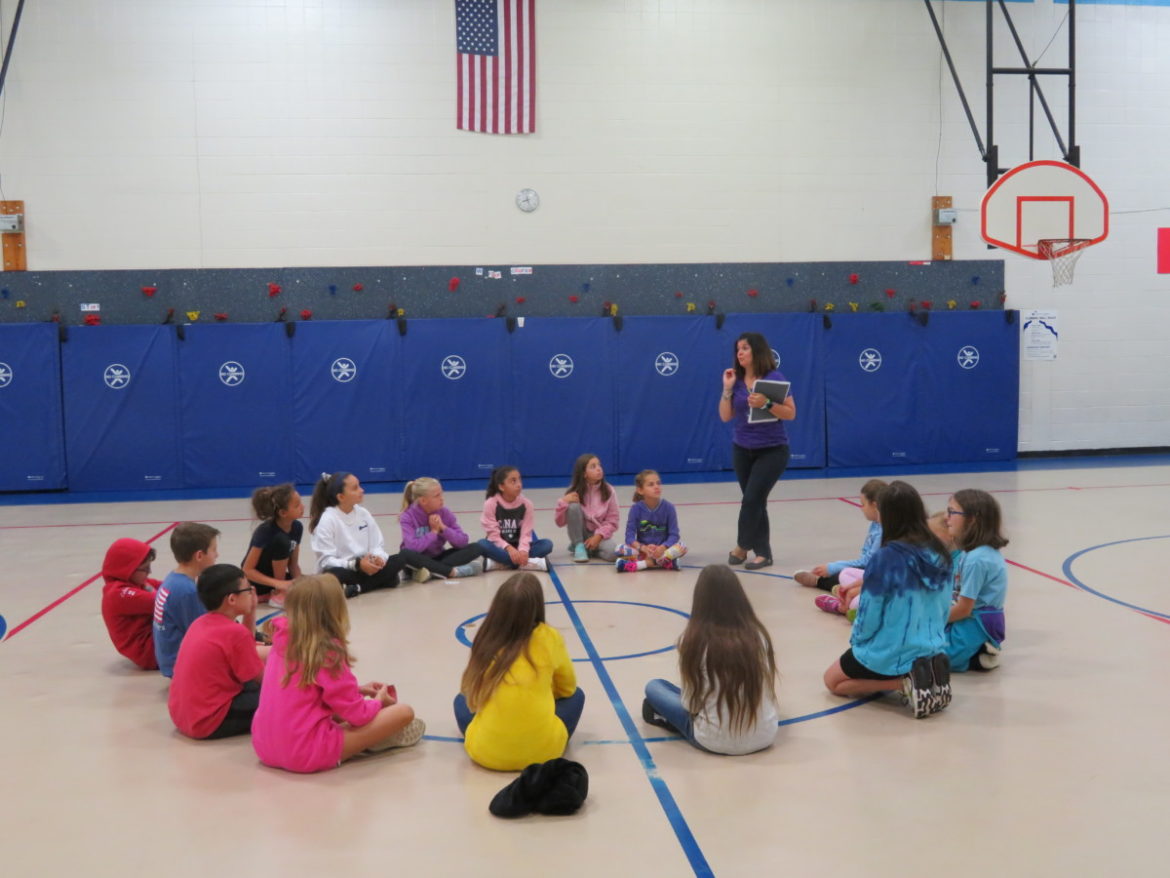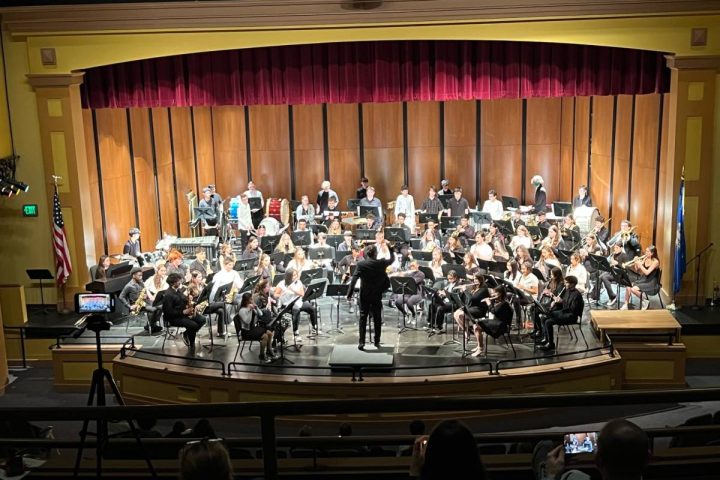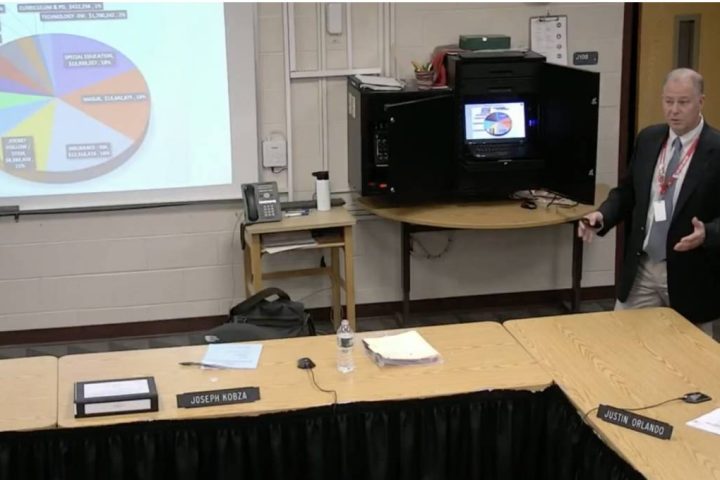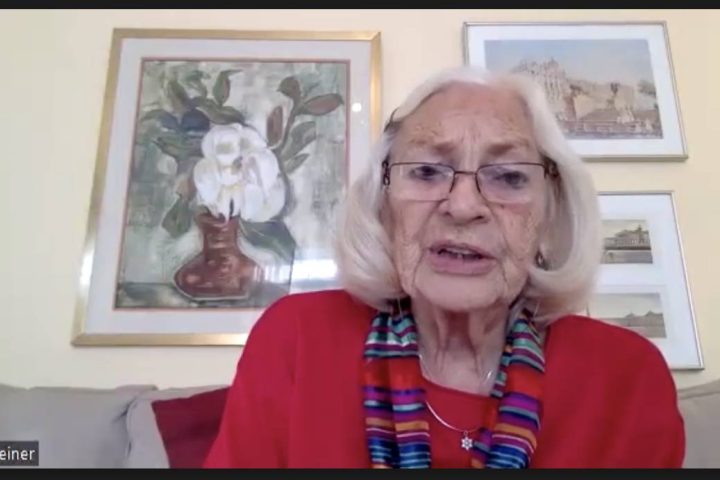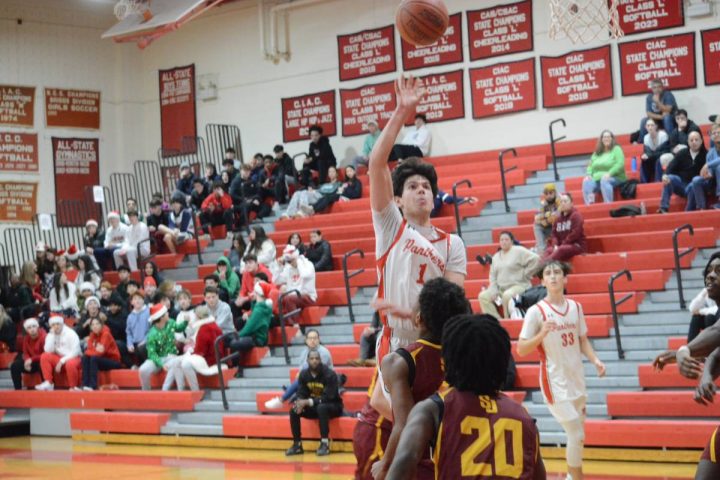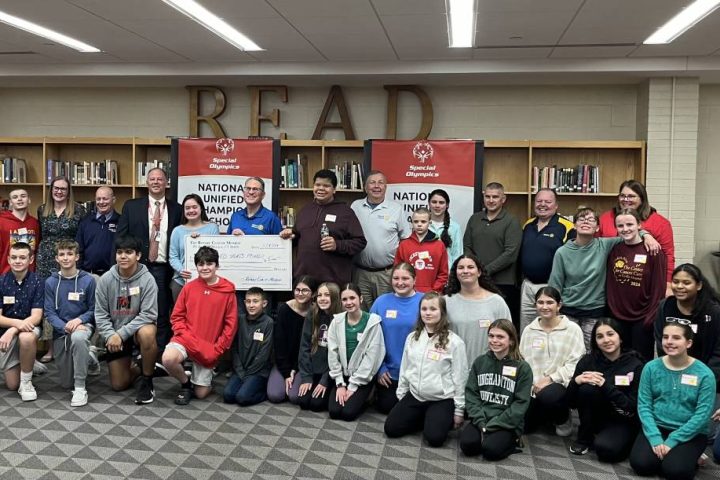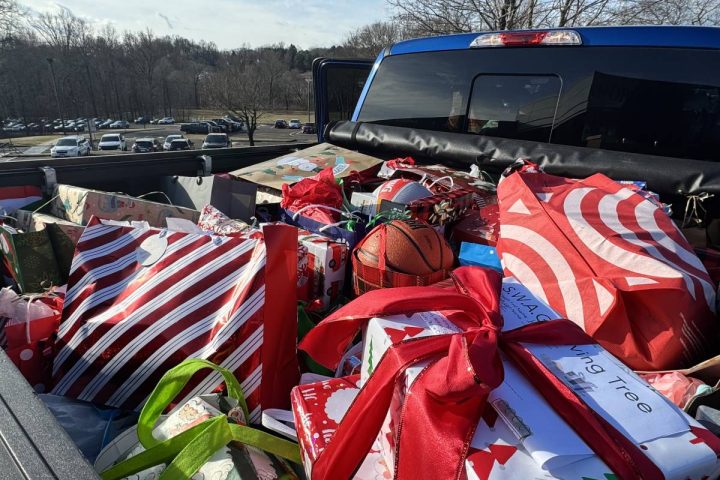Ian Hockley, a father who lost his six-year-old son Dylan in the Sandy Hook School shooting seven years ago, started the nonprofit, Dylan’s Wings of Change. The organization’s Wingman program develops social and emotional skills in children through team building activities, while inspiring them to be more empathetic, courageous and inclusive young leaders.
Jennifer Heitzke, a kindergarten teacher at Stepney Elementary School, had learned about Wingman at a fundraiser years ago.
“I was impressed and thought to myself, ‘this is what Stepney Elementary School needs,'” she recalled. “We needed something to teach kids compassion, empathy and inclusion — something that we had learned on the playground. We used to go out and play after school with neighborhood kids, until the lights went on.”
Heitzke recalled how children made friendships, took care of each other and solved disputes on their own. “They don’t do that anymore,” she said. “They go from school to activities and on the weekend they do more activities.”
She started the Wingman program at Stepney with student-led activities to get children to interact with more students, while forming friendships.
Heitzke and Hockley wrote the Wingman program for the elementary school together.
Stepney’s Wingman program
Fourth and fifth grade teachers reviewed applicants and chose 20 fifth graders to be student leaders for this year’s Wingman Program. Heitzke serves as the student leader trainer.
“I train those students to run activities promoting social, emotional learning,” she said. “They lead younger children once a month in gym class. I have a series of lessons that helps teach those skills.”
On a recent Thursday morning, Heitzke ran a training session for student leaders to prepare them for their first activity with kindergartners.
She sat in a circle on the floor of the school gymnasium with 17 fifth graders in the Wingman program and taught the game Handshake Mingle. She said kindergartners will have playing cards and see who has the same color as them.
“You have to help them, ‘I see you didn’t find someone with the same color,'” Heitzke said.
A girl stood up and handed cards to the others in the circle. Then they broke up into four groups.
“The important thing is, the person running it has to explain it very well,” Heitzke said of the game. “When I say, ‘go find someone with the same color card,’ give your friend a high five. This is your high five partner for life. Whenever you see them in the hallway and on the playground, you can give them a gentle high five.”
“You’re going to have 40 kids in front of you,” Heitzke said. “You’re going to have to project. You’re going to have to use that loud voice and make sure you have everyone’s attention before you get started.”
Making friends
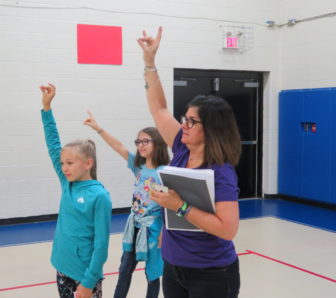
“I joined the Wingman program, because I want to help other kids,” said Ruby Kuban, 9, adding of the games, “they’re pretty fun.”
Bailey Barrett, 9, said they were going to teach younger children the next week, and Ruby said the game would be High Five Mingle.
“They make a friend,” Addison Simms, 10, said of the goal of the activity.
On the day of the activity, Heitzke reminded the Wingmen to walk around the room. “Some kindergartners may lose focus,” she said. “Say, ‘hey, you need to pay attention.’ Be the wingman for them.”
Each fifth grader will be a wingman for a kindergartner and Heitzke said the activities will make children with matching cards interact and learn about each other.
In the next game, Scoobie Snacks, children find their Scoobie Snack partner and share something they’re really excited about.
“They may think they don’t have anything in common and find they both went to the Grand Canyon over the summer,” Heitzke said of one example. “It opens dialogue. It’s all about inclusion and making connections. In this day and age, we’re more connected through social media, but less connected face-to-face.”

